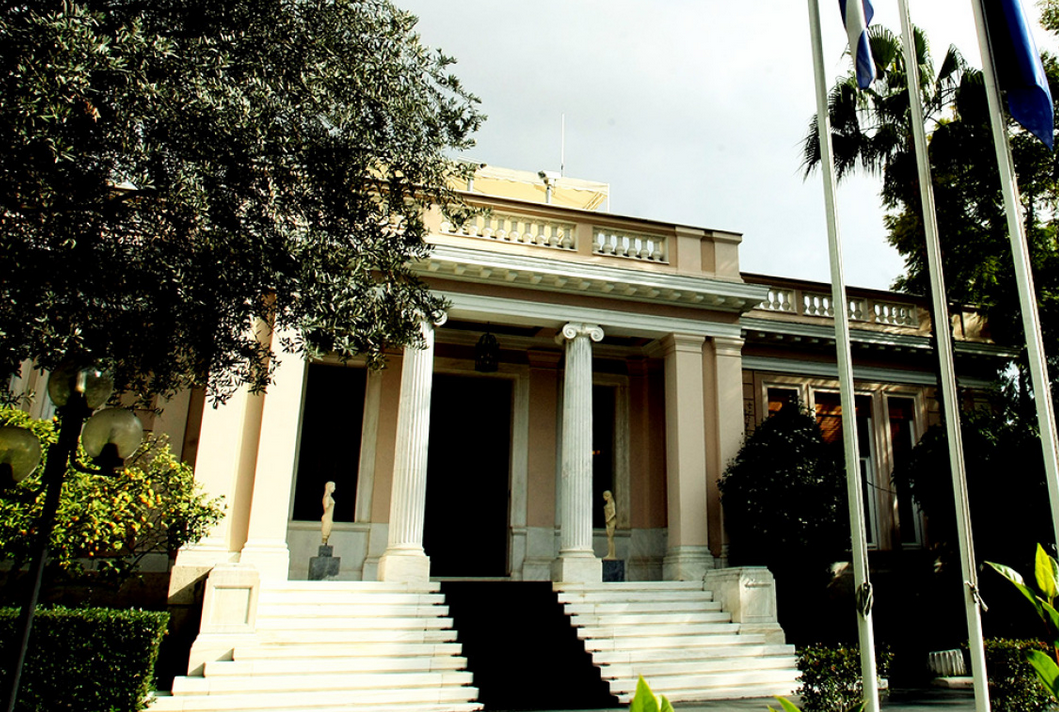With developments in Syria being the “elephant in the room,” Greece’s Government Council for Foreign Affairs and Defense (KYSEA) convened at 10:00 AM under Prime Minister Kyriakos Mitsotakis. The council assessed the latest developments and made decisions regarding the handling of Syrian asylum seekers in Greek facilities. This comes as the Assad regime’s risks, which were previously grounds for international protection, are no longer considered relevant.
According to protothema.gr, the Ministry of Migration and Asylum recommended suspending the issuance of asylum decisions for Syrians in Greek refugee facilities until further notice. This affects approximately 9,500 individuals who, under previous circumstances, were presumptively recognized as refugees. However, the situation has now changed. Migration and Asylum Minister Nikos Panagiotopoulos attended the EU Council on Home Affairs yesterday, where these new developments were discussed at the European level for the first time. A few days earlier, he had met with Prime Minister Mitsotakis at the Maximos Mansion.
As relevant sources highlight, the asylum request evaluation process is now inherently oriented toward these new circumstances. The main challenge remains the lack of clarity regarding the evolving situation in the war-torn country, which is teetering on the brink of fragmentation. “We are all awaiting information on the prevailing conditions in Syria to form a substantiated view on the claims made by those filing new requests,” a government source told protothema.gr. These sources also note a noticeable decline in migration flows from Syria over recent days and a broader decrease in arrivals in recent weeks.
A comprehensive mapping of the new regional situation was undertaken during the session, taking into account intelligence and diplomatic information.
Voluntary Returns of Migrants
A critical takeaway from yesterday’s meeting of EU migration and asylum ministers was the European suggestion for Syrian asylum seekers who wish to return to their homeland to do so voluntarily. “It was evident that the uncertainty is too great to allow for definitive conclusions. However, we all agreed on the need to begin drafting a return plan, initially voluntary, for any Syrian citizens wishing to return to their country,” Minister Panagiotopoulos stated after the session. Nevertheless, officials emphasized that no finalized details exist for this mechanism as of now, given that Europeans are still searching for a dialogue partner in Syria, and the situation will likely remain fluid for some time.
Ask me anything
Explore related questions





